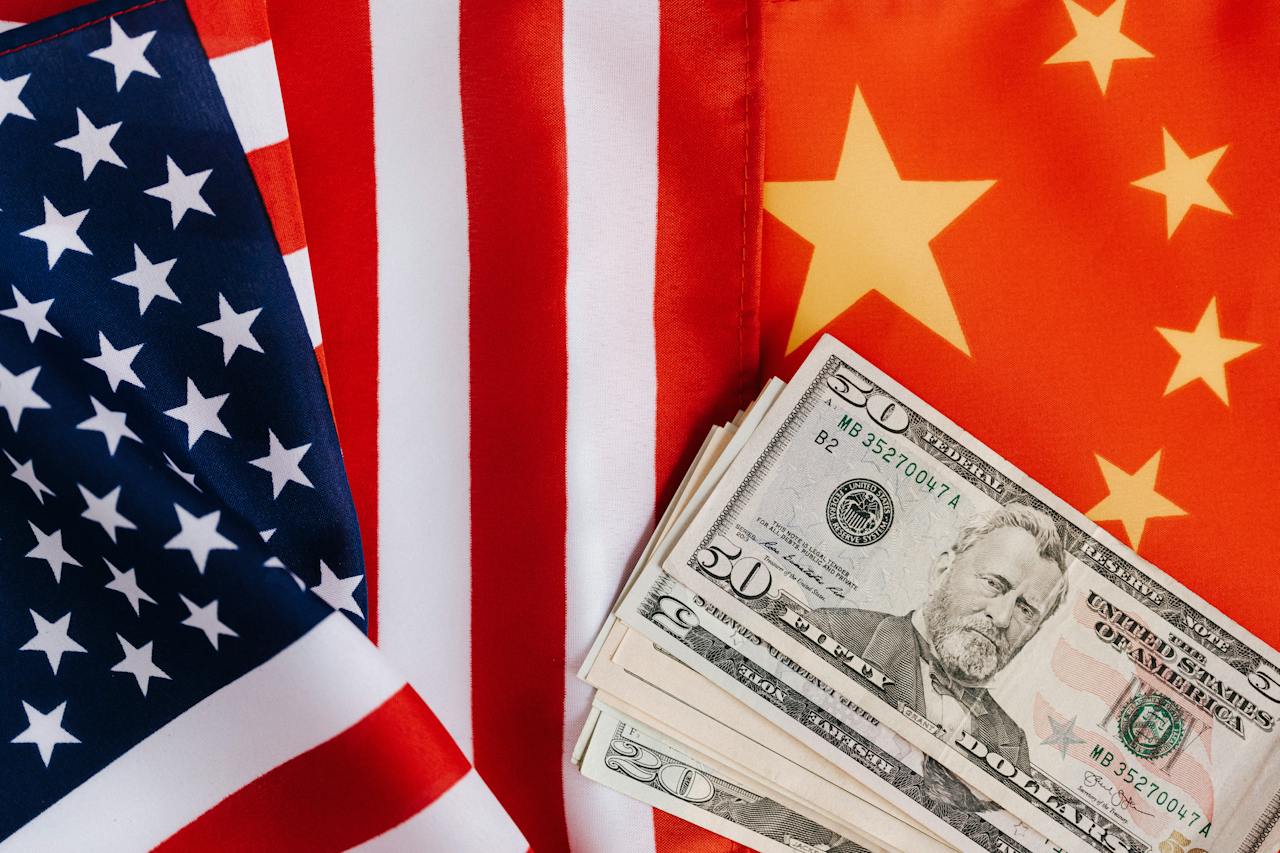In a highly anticipated diplomatic encounter, US President Joe Biden and Chinese President Xi Jinping are poised to engage in face-to-face discussions on Wednesday. The meeting, slated to occur on the sidelines of the Asia-Pacific Economic Cooperation (APEC) summit in the San Francisco Bay Area, marks the first direct encounter between President Biden and President Xi in a year, capping off a tumultuous period of fluctuating relations between the world’s two largest economies.
The announcement of the meeting was made by Press Secretary Karine Jean-Pierre in a statement on Friday morning, underscoring the significance of the event. Biden’s team has outlined their intentions for a pragmatic and drama-free dialogue, aiming to foster stability and establish new channels of communication on both economic and military fronts.
Despite the anticipation surrounding the talks, a senior administration official tempered expectations, stating on Thursday that the United States is approaching the meetings with realistic expectations and downplaying the likelihood of major breakthroughs.
Central to the discussions will be the status of the Chinese economy, which, according to China Beige Book co-founder and CEO Leland Miller, is experiencing an ongoing slowdown, creating a “new norm” for growth. President Xi is expected to address economic concerns and meet with business leaders during his visit to assuage fears about China’s economic future.
This face-to-face encounter will be the seventh interaction between the two leaders since Biden’s inauguration and the second in-person meeting. The last meeting took place almost exactly a year ago in Bali, Indonesia.
Agenda Highlights: Taiwan, Elections, and Global Hot Spots
Top items expected to be on the agenda include the sensitive issue of Taiwan, with the upcoming election on the island adding urgency to the discussions. While the U.S. reaffirmed its commitment to the “one China” policy, officials warned against interference in Taiwan’s election, signaling a potential strong response to any evidence of Chinese meddling.
The talks are also likely to delve into global hot spots, including the status of North Korea, the ongoing war in Ukraine, and unrest in the Middle East. In particular, the Biden administration aims to press President Xi to leverage China’s influence to de-escalate tensions in the Middle East, especially concerning the conflict between Israel and Hamas.
**Economic Focus: Trade and Communication**
Treasury Secretary Janet Yellen has been engaged in two days of meetings with Chinese Vice-Premier He Lifeng, focusing on macroeconomic issues like interest rates and addressing China’s economic slowdown. The U.S. emphasizes a desire for a healthy economic relationship with China, dispelling notions of decoupling.
Trade is likely to feature prominently on the agenda, with the Biden administration reviewing tariff exclusions set to expire at the end of the year. Despite maintaining Trump-era tariffs, the administration seeks to navigate economic relations carefully.
Military communication between the U.S. and China, a significant concern following a recent spy balloon incident, is expected to be a crucial topic. The incident heightened military tensions between the two nations, making it imperative to address and mitigate potential security risks.
As both sides prepare for the meeting, the U.S. has communicated that all elements of the bilateral relationship will be open for discussion. The overarching goal is incremental progress across various fronts, with a senior administration official affirming that virtually every aspect of the relationship will be on the table.
Source: Yahoo Finance



